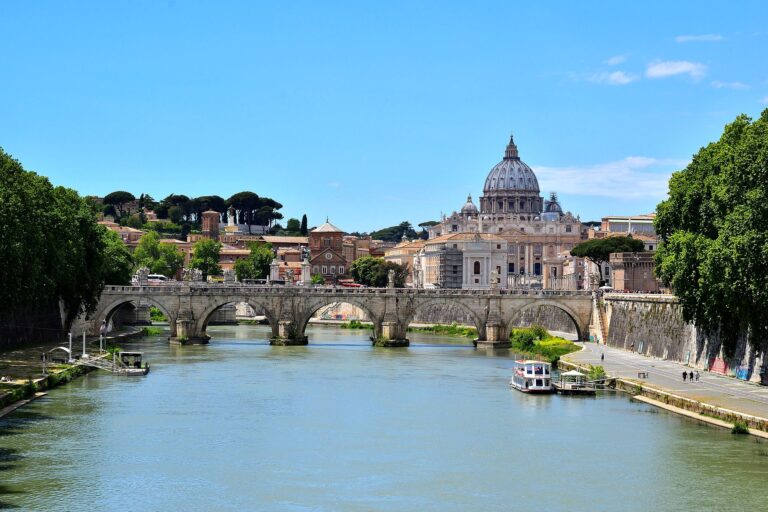Hello again,
One of the disconcerting things about getting older is the sense of repetition. As I trundle through my fourth decade, déjà vu is a constant companion.
I’ve seen enough TV that I can almost always guess whodunit. When an old friend introduces their latest romantic interest within the space of drink I’ve spotted what they had in common with the last ten. And I know that when a political party is booted out of office for sticking their snouts too deep in the trough, it’s only a matter of time before their righteous successors go the same way.
Of course, in two thousand years the Catholic Church really has seen it all before. Very hard to come up with an original sin at this point! Yet it is all too easy to fall victim to the vanity of the moment and assume that what is happening right now is uniquely and apocalyptically important in a way never seen before or since. But almost all of this has happened before, and will happen again.
That was certainly my thought reading the 1987 Pobal De report to the Synod of the Laity in Rome, recently republished by the Synodal Times. This group of concerned lay people pulled no punches in their criticism of the Irish Church, but it seems utterly contemporary.
“It would be dangerously misleading to veil our discontent behind a facade of false loyalty. We want the bishops to know our opinion on matters which concern the good of the Church. We want them to reflect our anxiety in what they say to the Synod on the Laity, both in the submissions which may be required of them at the preparatory stage and in their contributions to the debate when discussion has opened in Rome.”
It’s worth reading as a fascinating slice of Church history and a reminder of how cyclical life is.
We see a similar pattern in the debates over the Synodal Way in Germany which continues to drive the reform debate in the Church. Just this week we had participants vowing to push ahead with same-sex blessings.
“The German liturgical scholar Benedikt Kranemann has called for the introduction of blessing ceremonies for same-sex or remarried couples. “After this question was debated at great length and very intensively theologically and in practical terms at a high level in the Synodal Path, we can now proceed with confidence to officially make these ceremonies a liturgy of the Church,” he said.”
At the same time the Vatican continues to shut down German innovations, forbidding the involvement of the laity in the election of bishops.
“The papal nuncio in Berlin informed the cathedral chapter of the Archdiocese of Paderborn that it may not involve lay people in its forthcoming election of a new archbishop.”
Yet this Teutonic conflict was foreshadowed at the Second Vatican council itself. In his famous book The Rhine Flows into the Tiber, Fr Ralph Wiltgen makes the compelling case that reform then was driven by the bishops of the dioceses along the Rhine. At their disposal they had the vast wealth of the German Church, funded by State mandated Church Tax that helped them overcome their opposition.
So will the same happen again? Will liberal German bishops reshape the Church?
Well, perhaps. The key difference between now and the sixties is that Church is a now truly global in reach and membership. It is incomparably more Asian, African and Latin American. And as we’ve seen through the synod process their concerns are not the same as that of European Catholics.
These days, The Amazon, the Nile and the Yangtzee all flow into the Tiber too and where that water takes the Church is far harder to know.
History may repeat, but it can still surprise us.



